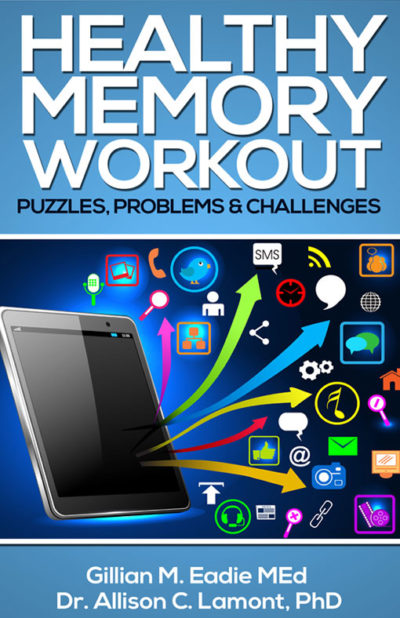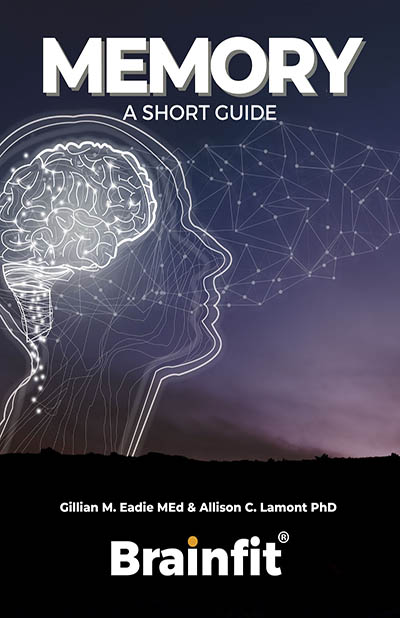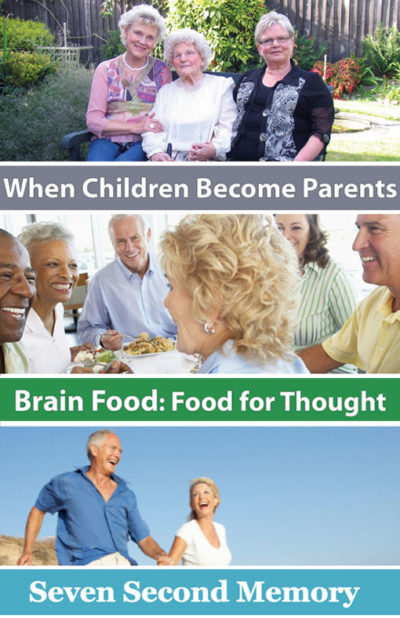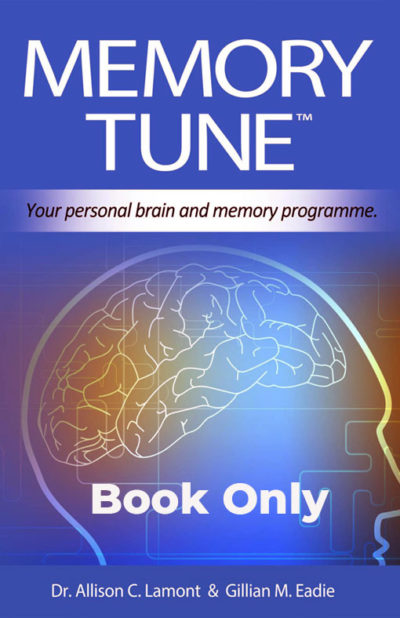You’ve all heard them
Clever saying about brain and memory.
Check out which ones are true.
Myth 1. Genes determine the fate of our brains.
Fact: Brain plasticity continues throughout life so your lifestyle plays a significant role in how well your mind and brain physically evolves.
Myth 2. We are what we eat.
Fact: We are what we do, think and feel, more than what we eat.
Myth 3. Pills and supplements are the main hope for cognitive health and improvement.
Fact: Non-invasive intervention (like brain training, exercise and nutrition) can have comparable and more durable benefits, and are also free of side effects.
Myth 4. Nothing can be done to beat Alzheimer’s disease and cognitive decline.
Fact: Nothing has yet been shown to prevent the pathology of Alzheimer ’s disease, true. BUT there is overwhelming research showing that you can delay the onset of symptoms for years –a very meaningful outcome which is often overlooked.
Myth 5. “Use it or Lose it” means you could lose all your memory or brain functions.
Fact: Your brain (and memory) is not something you ‘lose’. What you may find is that, if you have not paid attention to brain fitness, the neural circuits that support your cognitive, emotional, and executive functions may not fire as effectively. When you tackle something that is hard for you to do, you are ‘using’ or exercising all of your brain connections and keeping .
Myth 6. Brain training can help reverse your brain age 10, 20, or 30 years.
Fact: “Brain age” is a fiction. Some brain functions tend to improve, and some decline, as we get older. And the rate of decline varies among individuals. But you CAN keep the brain functions you have sharp and alert right into older age.
Myth 7. Brain training doesn’t work.
Fact: Brain training that is targeted, regular and carried out for eight weeks, has been shown to improve real-world brain functions.
Myth 8. Brain training is primarily about video games.
Fact: Real, evidence-based brain training often includes a range of activities as well as interactive media such as video games. The PURPOSE of the exercise as well as the person’s NEED for the training is more likely to influence the success of the outcomes. Some video games focus on how quickly you can complete a task while Dr. Lamont’s approach is to emphasize completion so that all of the brain functions have been exercised. And, of course, not all video games have underlying scientific principles.
Myth 9. Heart health is brain health.
Fact: Heart health contributes significantly to brain health, and vice versa. The heart and the brain are each crucial organs and both have their own set of functions and helpful interventions. The growing focus on brain health gains much from recent advances in cardiovascular health.
Myth 10. As long as my brain is working fine, why should I even pay attention to it?
Fact: For the same reasons you should add gas to your car and change the oil regularly – so that it works better and gives you independence for longer.
Read more: Keep that Boomer Brain Growing How your brain forms a habit
Set up your own great brain habits with the Foundation’s 7-day Brain Boost Plan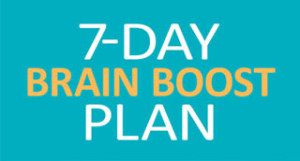
[Myths based on an article by Alvarez Fernandez]

